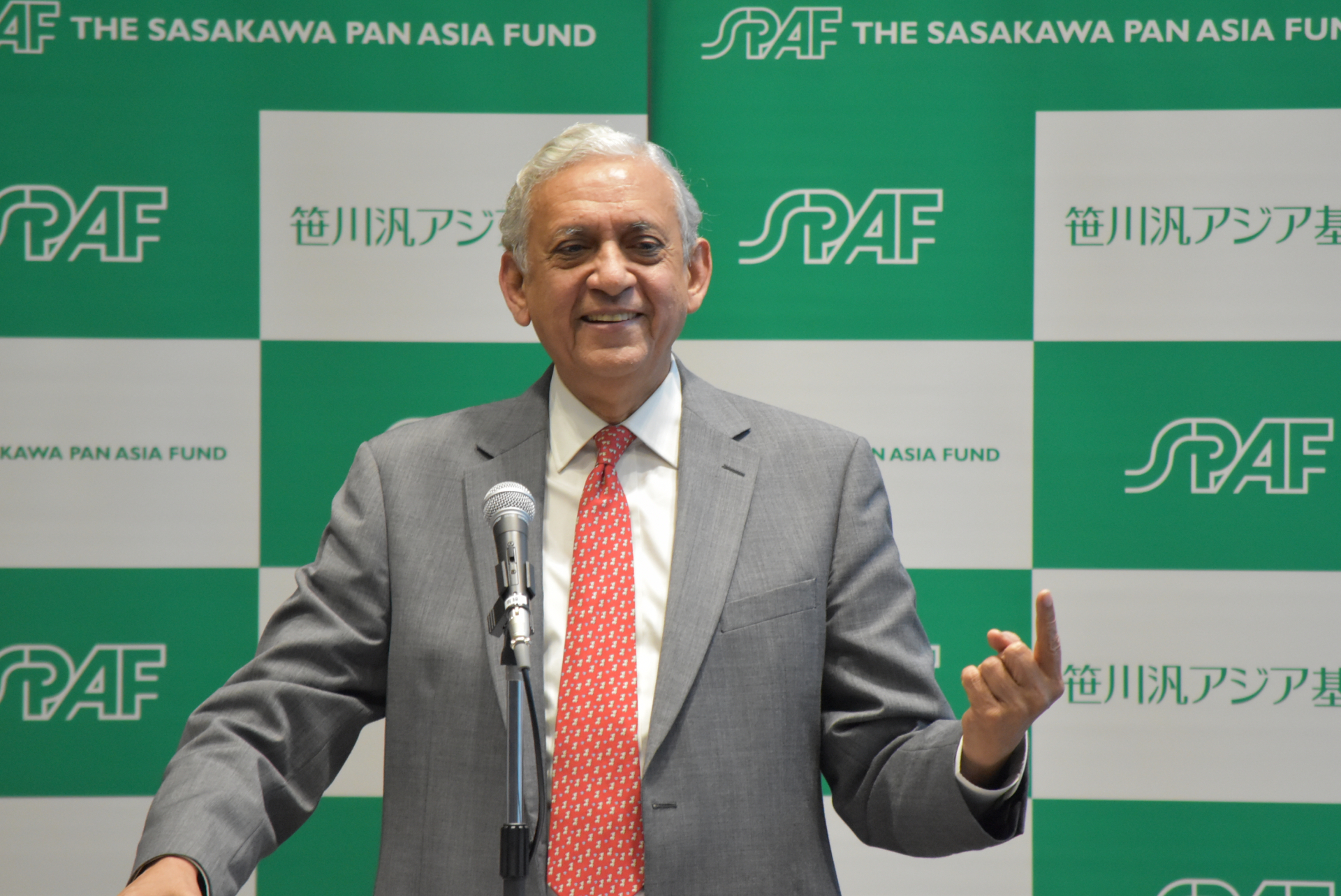Interview summary:
Q: Bangladesh occupies a very important position geopolitically. What is Bangladesh's relationship like with Asian countries and Japan?
A: Our entire diplomacy and national effort are geared toward elimination of poverty, creating prosperity through employment, industrialization and trade. As India becomes more prosperous, we are also beginning to get the benefit of it. We have also developed a very sound and close relationship with China and valued access to both of the markets. We also have a very unique relationship with Japan. Japan was one of the first countries to recognize Bangladesh. From Day 1, Japan has been a strong supporter of Bangladesh's development. We have now almost reached a stage where we would like to see more private-sector engagement with Japan. We have created special economic zones dedicated to Japan, so that Japanese industries can come and set up their businesses here.
Q: Barbaric behaviors of extremist groups such as the so-called Islamic State have generated a heightened sense of concerns around the world in recent years.
A: We are not an Islamic state. We are a very secular state. Our emphasis is on plurality, because there are Hindus, Christians, Buddhists, animists and Muslims. Co-existence and tolerance have been a way of life for us. That is not to say we are immune from the rest of the world. Extremist ideology travels and spreads beyond national borders. The Bangladesh government has very effective counter-radicalization and counter-terrorism programs in place. They give greater job opportunities for students so that they would not veer off toward extremism or other dangerous creeds.
Q: What do you want to discuss in your lecture titled, "Is Government Dead? The Future of Governance"?
A: No society can be ordered without the government, especially in developing societies. Governments have acquired greater importance in today's world, not only in terms of fighting terrorism, but also in providing services, ensuring social justice, making sure that citizens are taken care of... Government's work has become more important. However, the traditional government must be re-invented and services have to be provided in a way that is focused on the satisfaction of the citizens.
